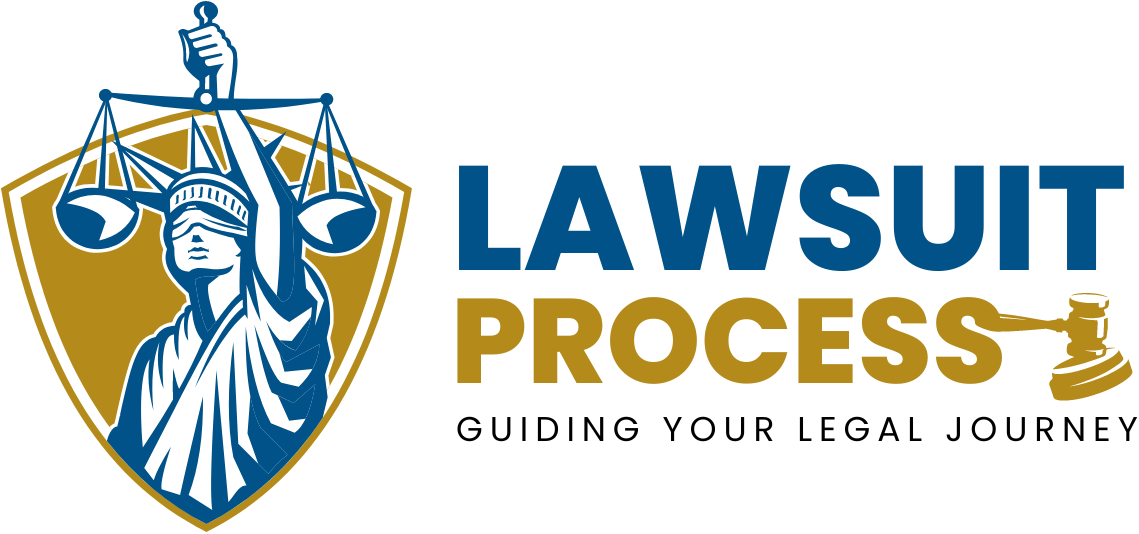Winning a personal injury lawsuit requires more than presenting evidence; it demands strategic planning, effective communication, and thorough preparation. Attorneys specializing in personal injury cases employ proven strategies to secure the best outcomes for their clients. These strategies are designed to counter insurance company tactics, establish liability, and demonstrate the extent of damages suffered.
Whether negotiating a settlement or presenting a case in court, attorneys rely on their expertise and resources to build strong claims.
This article explores critical strategies personal injury attorneys use to maximize compensation for their clients. By understanding these techniques, you can better appreciate the value an experienced attorney brings to your case.
You may also like to read:
The Cost of Hiring Personal Injury Lawsuit Attorneys: What You Need to Know
When Should You Contact Personal Injury Lawsuit Attorneys After an Accident?
Table of Contents
- 1. Thorough Case Investigation
- 2. Effective Negotiation Skills
- 3. Building a Comprehensive Damages Claim
- 4. Preparing for Trial
- 5. Using Expert Witnesses and Technology
- Case Example
- Conclusion
1. Thorough Case Investigation
A successful personal injury case starts with a detailed investigation. Attorneys gather all relevant evidence to build a solid foundation for the claim. This includes collecting medical records, accident reports, and photographs of injuries or damaged property.
Attorneys also interview witnesses to obtain firsthand accounts of the incident. In complex cases, they collaborate with experts such as medical professionals or accident reconstruction specialists. These experts provide valuable insights that can strengthen liability claims and substantiate damages. A thorough investigation ensures no critical detail is overlooked.
2. Effective Negotiation Skills
Negotiating with insurance companies is one of the most challenging aspects of personal injury cases. Insurance adjusters often attempt to minimize payouts by offering low-ball settlements or disputing liability. Experienced attorneys know how to counter these tactics effectively.
During negotiations, attorneys present compelling evidence that highlights the severity of injuries and the financial impact of the accident. They leverage this evidence to strengthen their position and demand fair compensation. Their ability to anticipate and counter insurance company strategies often leads to more favorable settlement offers.
3. Building a Comprehensive Damages Claim
A critical aspect of any personal injury case is accurately calculating damages. Attorneys ensure that all economic and non-economic losses are included in the claim. Economic damages typically include medical expenses, lost wages, and property damage.
Non-economic damages, such as pain, suffering, and emotional distress, are more subjective but equally important. Attorneys use documentation, expert opinions, and precedent to justify these amounts. They also account for future expenses, such as ongoing medical treatments or reduced earning capacity. A comprehensive damages claim ensures clients receive fair compensation for all losses.
4. Preparing for Trial
While many personal injury cases are resolved through settlements, some proceed to trial when disputes cannot be resolved. Attorneys prepare thoroughly for trial by organizing evidence, drafting legal arguments, and anticipating opposing counsel’s strategies.
They present compelling narratives that connect evidence to the client’s claims. By cross-examining witnesses effectively and addressing potential weaknesses in the case, attorneys increase the likelihood of a favorable verdict. Trial preparation requires meticulous attention to detail and a deep understanding of courtroom procedures.
5. Using Expert Witnesses and Technology
Expert witnesses play a vital role in strengthening personal injury cases. Medical professionals can explain the extent and long-term impact of injuries. Accident reconstruction specialists can illustrate how the incident occurred and establish liability.
Attorneys also use technology to present evidence in a clear and engaging manner. Visual aids, animations, and interactive exhibits help jurors understand complex concepts. These tools enhance the persuasiveness of the case and leave a lasting impression on decision-makers.
Case Example
Consider a hypothetical car accident case where the insurance company initially offered a $70,000 settlement. The attorney conducted a thorough investigation, uncovering additional evidence that highlighted the severity of the injuries and long-term financial impacts. They collaborated with medical experts to calculate future medical expenses and reduced earning capacity.
During negotiations, the attorney presented a strong damages claim supported by compelling evidence and expert testimony. When the insurance company refused to settle fairly, the case went to trial. The attorney’s meticulous preparation and persuasive presentation resulted in a $850,000 verdict, significantly higher than the initial offer. This example underscores the value of strategic legal representation.
Conclusion
Personal injury attorneys use proven strategies to navigate the complexities of legal cases and secure favorable outcomes for their clients. From thorough investigations to effective negotiation, comprehensive damages claims, trial preparation, and leveraging expert witnesses, these strategies are essential for maximizing compensation.
Hiring an experienced attorney ensures your case is handled professionally and that no opportunity for fair compensation is overlooked. If you are pursuing a personal injury claim, consider seeking legal representation to benefit from these effective strategies and achieve the best possible outcome.










